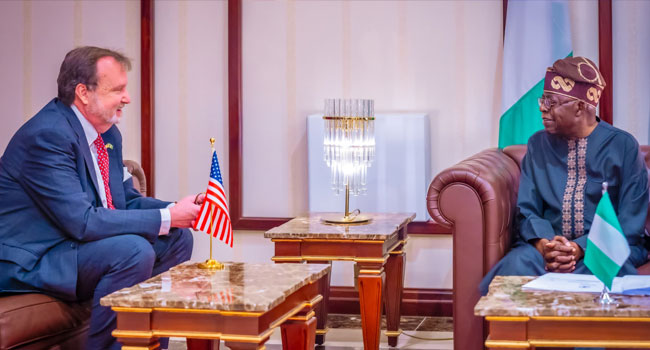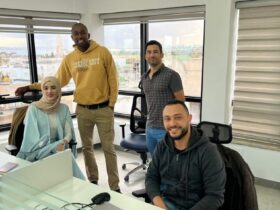In recent news, the U.S. Mission in Nigeria has revealed Nigeria’s inclusion in a larger $536 million humanitarian aid allocation destined for Sub-Saharan Africa. This substantial funding forms part of the U.S. Government’s ongoing commitment to delivering life-saving assistance and protection to both vulnerable individuals and their generous host communities across the continent.
While affirming the impact of this new infusion of U.S. Government funding, U.S. Ambassador to Nigeria, Richard Mills, emphasized the tangible difference it will make in the lives of those in dire need in Nigeria and throughout the broader continent.
Under Secretary of State for Civilian Security, Democracy, and Human Rights, Uzra Zeya, formally introduced the comprehensive aid package, catapulting the total U.S. humanitarian assistance to Sub-Saharan Africa for Fiscal Year 2024 to nearly $3.7 billion.
This vital assistance is designed to address critical needs among vulnerable populations in the sub-Saharan region, encompassing refugees from conflict zones, asylum seekers, internally displaced persons, stateless individuals, and other individuals affected by ongoing conflict. Focusing on crises in the Sahel and other affected areas, this aid aims to bolster durable solutions such as voluntary returns and refugee integration.
Ambassador Mills echoed this sentiment, illustrating that the $27 million in aid underscores the United States’ steadfast commitment to supporting Nigeria in its humanitarian endeavors. He conveyed a resolute solidarity with Nigeria’s efforts to provide for vulnerable populations and enhance resilience against food insecurity and the impacts of climate change.
To ensure effective distribution, the funding will be directed to those in need through the State Department’s Bureau of Population, Refugees, and Migration, as well as USAID’s Bureau for Humanitarian Assistance. This concerted effort stands as a testament to the United States‘ unwavering dedication to aiding Nigeria and the broader sub-Saharan region in tackling their humanitarian challenges.


















